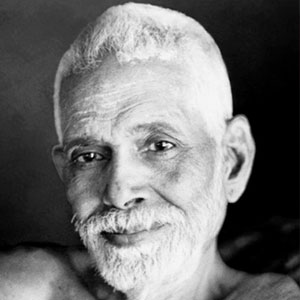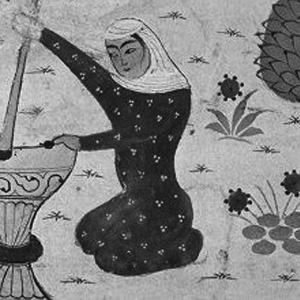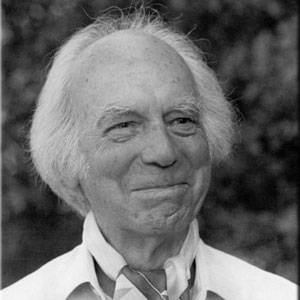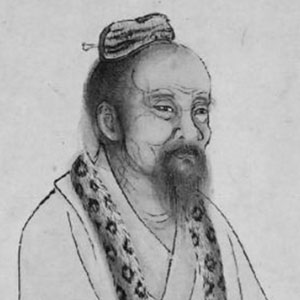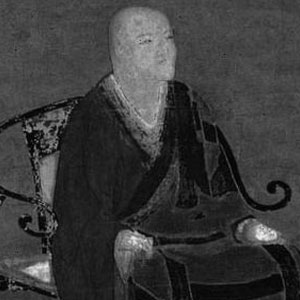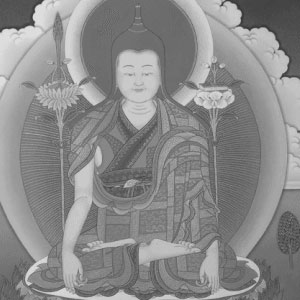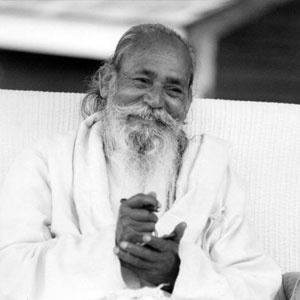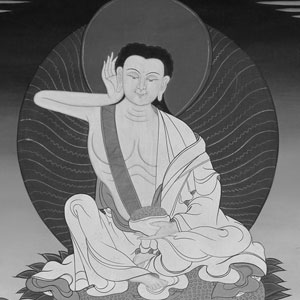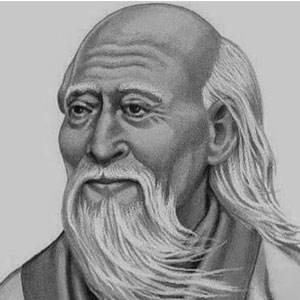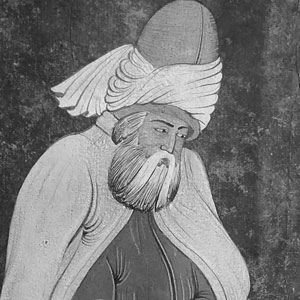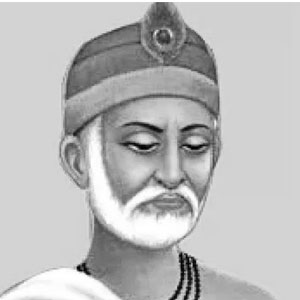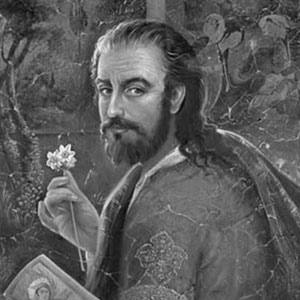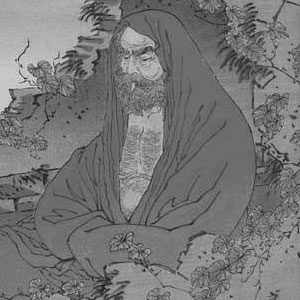Happiness is the very nature of the Self; happiness and the Self are not different. There is no happiness in any object of the world. We imagine through our ignorance that we derive happiness from objects. When the mind goes out, it experiences misery. In truth, when its desires are fulfilled, it returns to its own place and enjoys the happiness that is the Self. Similarly, in the states of sleep, samadhi ( a state of intense contemplation or absorption of mind ) and fainting, and when the object desired is obtained or the object disliked is removed, the mind becomes inward-turned, and enjoys pure Self-Happiness. Thus the mind moves without rest alternately going out of the Self and returning to it. Under the tree the shade is pleasant; out in the open the heat is scorching. A person who has been going about in the sun feels cool when he reaches the shade. Someone who keeps on going from the shade into the sun and then back into the shade is a fool. A wise man stays permanently in the shade. Similarly, the mind of the one who knows the truth does not leave Brahman. The mind of the ignorant, on the contrary, revolves in the world, feeling miserable, and for a little time returns to Brahman to experience happiness. In fact, what is called the world is only thought. When the world disappears, i.e., when there is no thought, the mind experiences happiness; and when the world appears, it goes through misery
— Sri Ramana Maharshi, Who Am I
We all want to be happy above all else, and even though it is absolutely natural to desire happiness, the way we go about fulfilling this desire is fundamentally flawed. As Sri Ramana so eloquently points out, our biggest mistake in our quest for happiness is our belief that it lies outside of us, and consequently we engage in a hopeless pursuit of ‘things’, hoping that one day we will accumulate enough experiences, money, relationships, titles and so on to make us eternally happy.
This day never comes though, because the pursuit and accumulation of things and experiences is like taking painkillers. The best we can achieve is a temporary relief from the misery and restlessness we feel, but we do not address the real cause of the problem. Sooner than later we come out of that relieved and peaceful state and we begin anew to search for the next ‘fix’ to alleviate the ever increasing unhappiness we feel.
We go through this cycle endless times, but we never seem to reach the point of absolute and lasting satisfaction, on the contrary the more desires we satisfy the more restless and harder to please we become. Milarepa, the great Tibetan yogi, said that "desires achieved increase thirst like salt water", which is a truth we all have experienced to a certain level.
In order to escape the predicament we find ourselves in, we first need to understand that the happiness we feel when we satisfy a desire has nothing to do with the object, person or circumstance. If that were true, we should expect to get the same amount of happiness from those things all the time, however this is not our experience. Things and people that used to give us happiness and joy in the past can now leave us completely indifferent, or even make us miserable. Things we pursued with great vigor at some point in our lives are probably now the things we are trying to avoid at all costs. Our desires, likes and dislikes are constantly shifting which attest to the fact that happiness is not derived from any external causes.
So where does happiness comes from then?
Sri Ramana tells us that happiness is the result of the temporary subsidence of the mind, or ego, which usually occurs right after satisfying a desire. In his own words, “when the mind’s desires are fulfilled, it returns to its own place and enjoys the happiness that is the Self.”
How paradoxical and logical at the same time, our search for happiness is the very thing that veils it from us. Once we satisfy a desire and the search is temporarily suspended, we get a taste of the underlying bliss which springs abundantly from within us. Sri Ramana says that this bliss is our true essence and the only reality there is, all else is fleeting and unreal, like the images projected on a cinema screen. He urges us to go within, to discover the truth about ourselves, and break free from the bondage of our ignorance.





